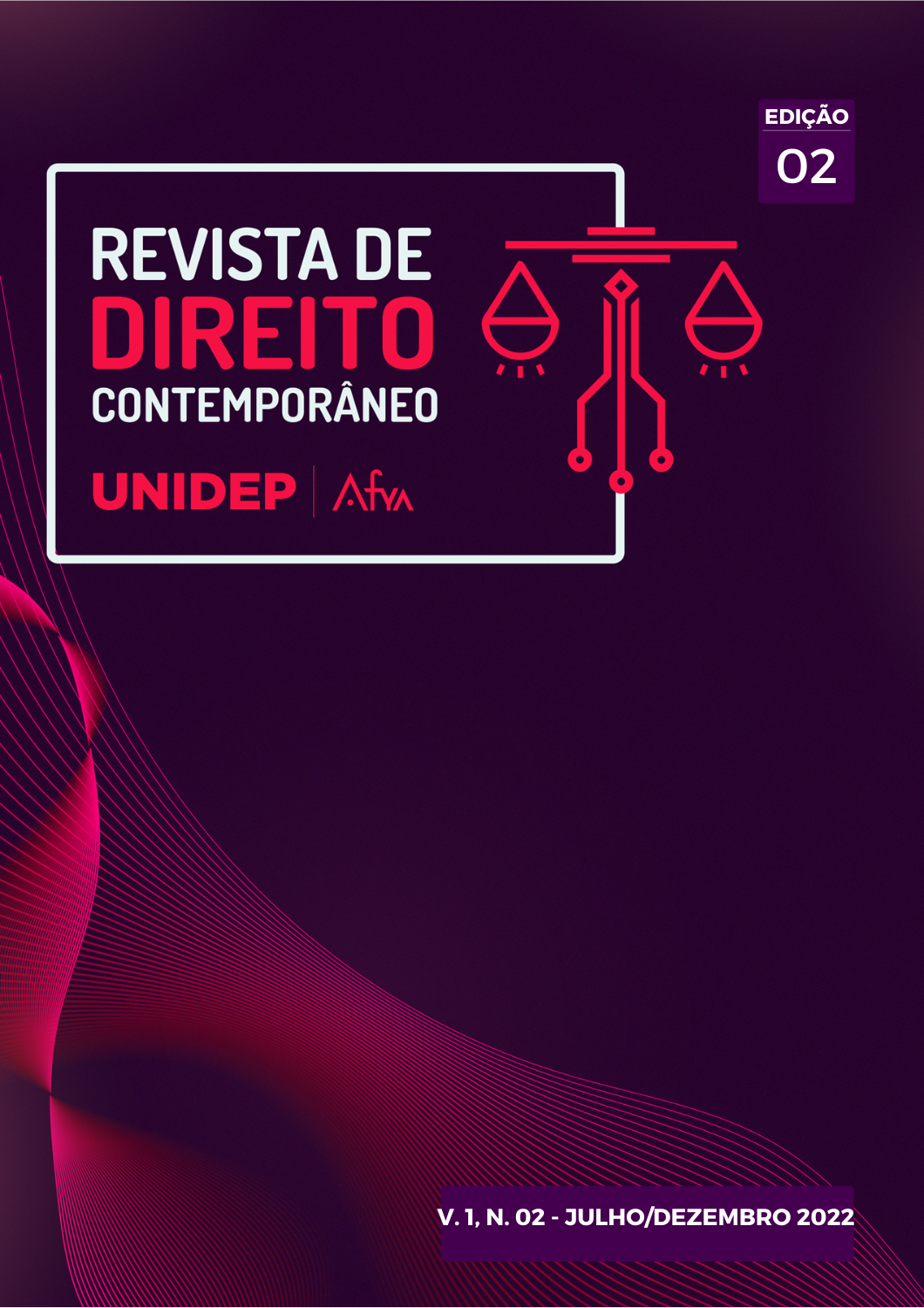THE FUNDAMENTAL RIGHT TO PRIVACY IN THE CONTEXT OF THE GENERAL DATA PROTECTION LAW
Abstract
The right to privacy is guaranteed by the Federal Constitution, being provided for in article 5, item X, which provides for the inviolability of intimacy, private life, honor and the image of the person. In this aspect, one cannot fail to ensure the right to privacy, however, another norm to be ensured is freedom. Freedom is provided for in the caput of article 5, however, it is not absolute, and there must be criteria so that it does not harm third parties. Thus, the hypothesis that arises is the following: what should the right to privacy be in the light of the General Data Protection Law? The results achieved were in the sense of the need to understand that fundamental rights are not absolute, but relative, and there may be confrontation in the conflict of interests The central objective of the problem is to make a parallel between the constitutional guarantee of freedom and privacy with the legislation infraconstitutional created by Law nº 13.709/18. The method used is the deductive and as methodological procedures the bibliography, with consultations to doctrines and articles published on the internet. And documentary research, doing a search for legislation and jurisprudence.
Downloads
Published
How to Cite
Issue
Section
License
Copyright (c) 2023 Revista de Direito Contemporâneo UNIDEP

This work is licensed under a Creative Commons Attribution-NonCommercial 4.0 International License.
You are free to:
- Share — copy and redistribute the material in any medium or format
- Adapt — remix, transform, and build upon the material
- The licensor cannot revoke these freedoms as long as you follow the license terms.
Under the following terms:
-
Attribution — You must give appropriate credit, provide a link to the license, and indicate if changes were made. You may do so in any reasonable manner, but not in any way that suggests the licensor endorses you or your use.
-
NonCommercial — You may not use the material for commercial purposes.
- No additional restrictions — You may not apply legal terms or technological measures that legally restrict others from doing anything the license permits.
Notices:
- You do not have to comply with the license for elements of the material in the public domain or where your use is permitted by an applicable exception or limitation.
- No warranties are given. The license may not give you all of the permissions necessary for your intended use. For example, other rights such as publicity, privacy, or moral rights may limit how you use the material.



